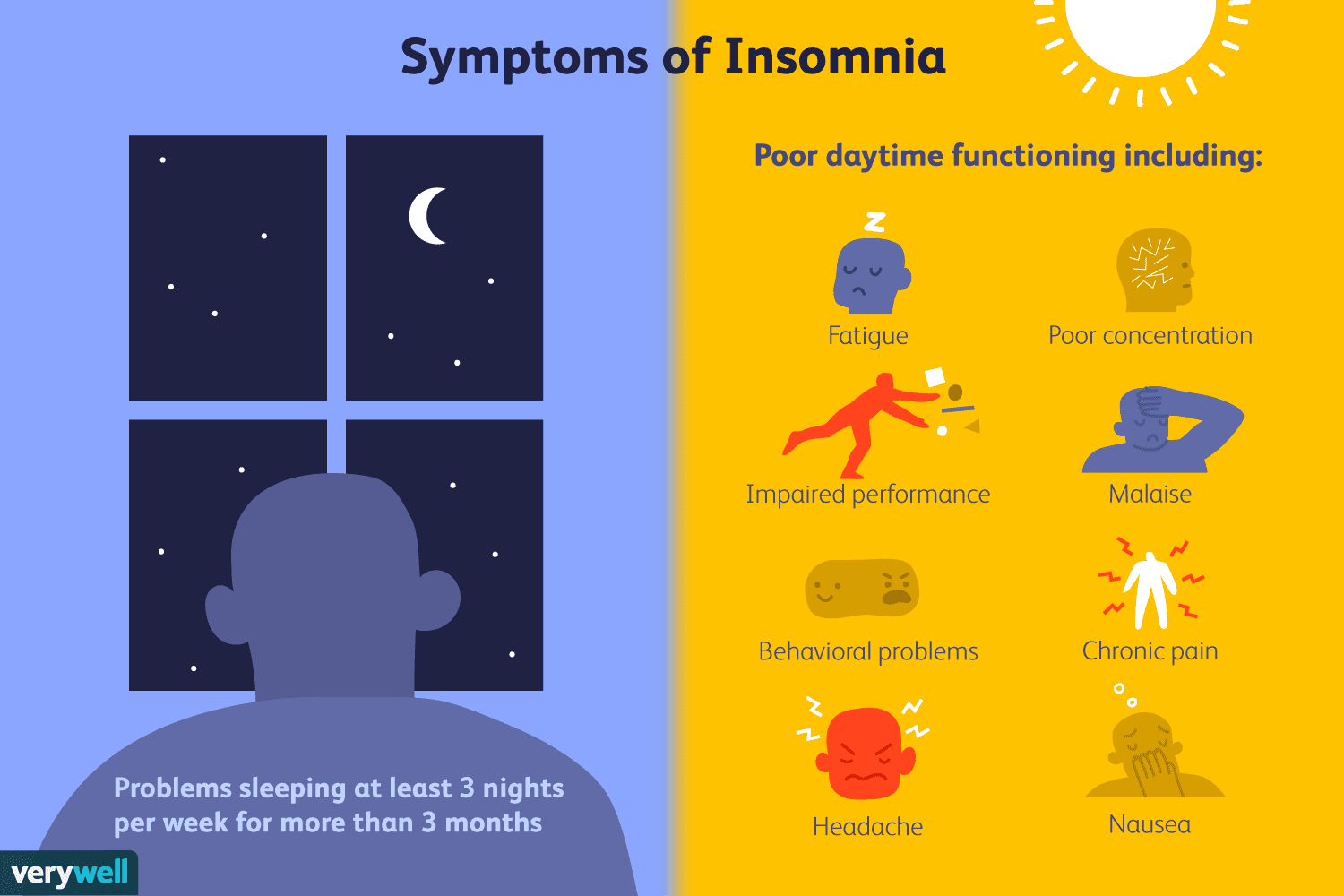Let’s face it, losing weight can feel overwhelming, but it doesn’t have to be a drastic overhaul of your life. The key is to make small, sustainable changes that you can incorporate into your daily routine. Think of it as building a foundation for a healthier lifestyle, one brick at a time.
Fuel Your Body with Whole Foods
Instead of getting caught up in restrictive diets, focus on incorporating whole, unprocessed foods into your daily routine. Think fruits, vegetables, lean proteins, whole grains, and healthy fats. These foods are packed with nutrients and fiber, keeping you feeling full and satisfied while providing the energy your body needs. It’s like fueling your body with high-quality ingredients – you wouldn’t build a car with cheap, low-grade parts, right?
Cut Back on Processed Foods
Processed foods are often loaded with sugar, unhealthy fats, and sodium, which can contribute to weight gain. Limit your intake of packaged snacks, fast food, sugary drinks, and processed meats.
Mindful Eating
Pay attention to your hunger and fullness cues. Eat when you’re truly hungry and stop when you’re comfortably full. Avoid emotional eating and use mindful eating techniques to savor your food and connect with your body’s signals.
Get Moving!
Regular physical activity is crucial for burning calories and building muscle, both of which contribute to a leaner, more toned physique. You don’t need a gym membership to get a great workout – there are plenty of effective exercises you can do at home.
Strength Training at Home
Strength training is essential for building muscle mass, which helps boost your metabolism and burn more calories, even at rest. You can use bodyweight exercises, resistance bands, or household items like water bottles or canned goods to create resistance.
Cardio at Home
There are many cardio exercises you can do at home, such as jogging in place, jumping jacks, burpees, high knees, and mountain climbers. You can also find a variety of workout videos online or on fitness apps.
Manage Stress
Stress can lead to increased cortisol levels, which can contribute to weight gain. Find healthy ways to manage stress at home, such as yoga, meditation, deep breathing exercises, or listening to calming music.
Prioritize Sleep
Sleep deprivation can disrupt your hormones, leading to increased hunger and cravings. Aim for 7-8 hours of quality sleep each night. Create a relaxing bedtime routine to help you wind down and get a good night’s sleep.
Hydrate, Hydrate, Hydrate!
Water is essential for many bodily functions, including digestion, temperature regulation, and nutrient transport. Aim for at least 8 glasses of water a day, and don’t forget to hydrate throughout the day. Think of water as your body’s natural detoxifier and energy booster!
Listen to Your Body
Pay attention to your body’s signals. If you’re feeling tired, sluggish, or experiencing cravings, it could be a sign that you’re not getting enough sleep, hydration, or nutrients.
Be Patient and Persistent
Losing weight takes time and effort. Don’t get discouraged if you don’t see results immediately. Stay consistent with your healthy habits, and you’ll eventually reach your goals.
Enjoy the Process
Remember, losing weight is a journey, not a race. Focus on making sustainable lifestyle changes that you can maintain over the long term. Celebrate your progress along the way, and don’t be afraid to ask for support from friends, family, or professionals.


